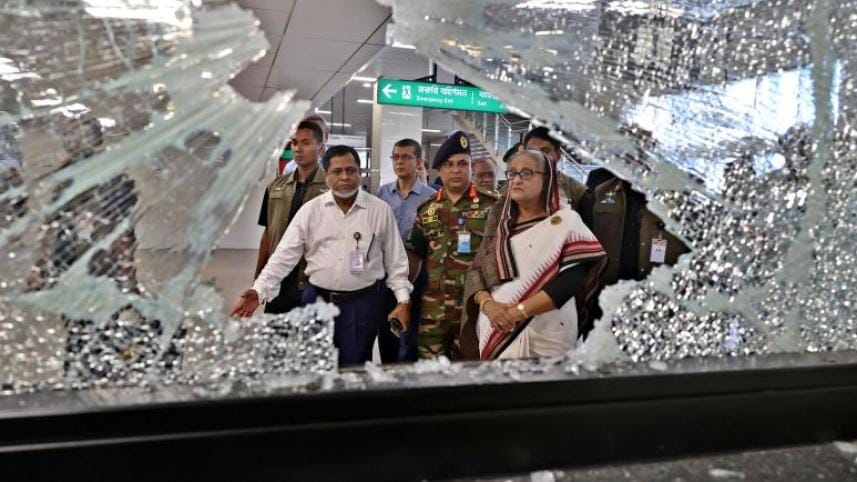How the Hasina regime became so unpopular

Although efforts were made to hide Hasina regime's bad governance by gagging the media and free speech and using fake statistics of economic growth and various visible infrastructure development projects, her downfall could not be prevented. It is important to learn from the history of the Hasina regime so that such incidents can be prevented in the future.




 For all latest news, follow The Daily Star's Google News channel.
For all latest news, follow The Daily Star's Google News channel.
Comments